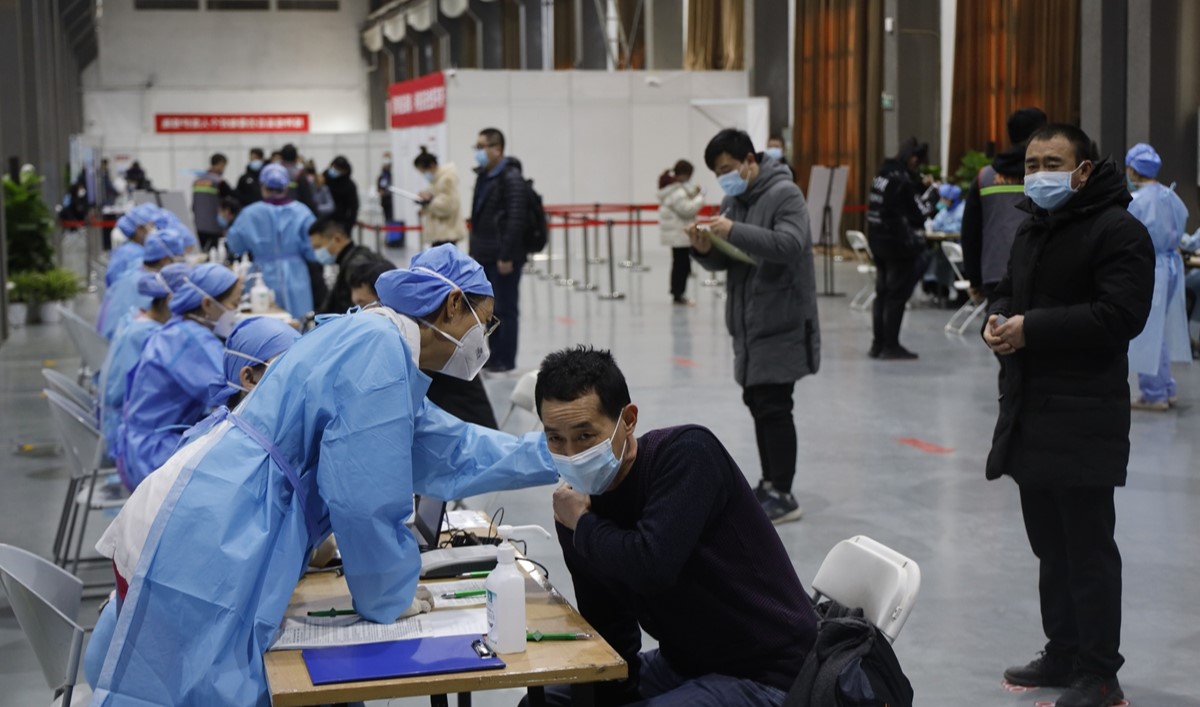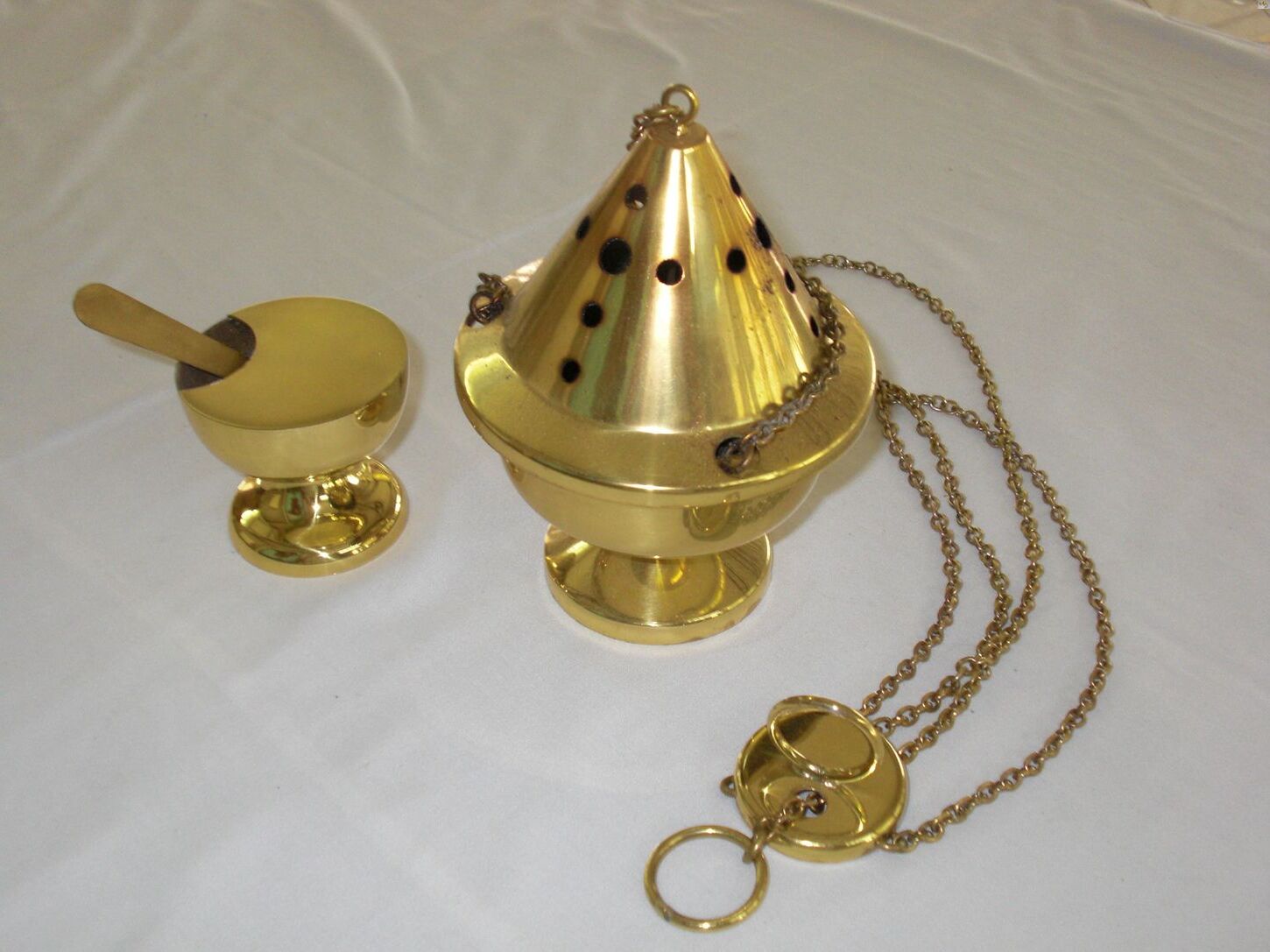
Inoculation has been a game-changer in the world of medicine, saving countless lives and preventing the spread of deadly diseases. But what exactly is inoculation? Inoculation is the process of introducing a vaccine into the body to produce immunity to a specific disease. This method has a rich history dating back centuries and has evolved significantly over time. From the early practices in ancient China to the groundbreaking work of Edward Jenner, the journey of inoculation is filled with fascinating milestones. Curious about how this life-saving technique came to be and its impact on modern healthcare? Let's dive into 17 intriguing facts about inoculation that will enlighten and surprise you!
The Origins of Inoculation
Inoculation has a fascinating history that spans centuries and continents. Here are some intriguing facts about its beginnings.
- Ancient Practice: Inoculation dates back to ancient China and India, where people used smallpox scabs to induce immunity.
- Variolation: The technique, known as variolation, involved inserting powdered smallpox scabs into cuts on the skin.
- Lady Mary Wortley Montagu: In the 18th century, Lady Mary Wortley Montagu introduced variolation to England after observing it in Turkey.
- Risky Procedure: Early inoculation was risky, with a mortality rate of about 2%, but it was still safer than contracting smallpox naturally.
The Evolution of Vaccination
As science advanced, so did the methods of inoculation, leading to modern vaccination practices.
- Edward Jenner: In 1796, Edward Jenner developed the first successful smallpox vaccine using cowpox virus.
- Vaccination Term: Jenner coined the term "vaccination" from the Latin word "vacca," meaning cow.
- Louis Pasteur: In the late 19th century, Louis Pasteur created vaccines for rabies and anthrax, further advancing the field.
- Polio Vaccine: Jonas Salk developed the first effective polio vaccine in 1955, which drastically reduced polio cases worldwide.
Modern Vaccination Milestones
Modern vaccination has achieved remarkable milestones, saving countless lives and eradicating deadly diseases.
- Smallpox Eradication: In 1980, the World Health Organization declared smallpox eradicated, thanks to global vaccination efforts.
- MMR Vaccine: The MMR vaccine, introduced in 1971, protects against measles, mumps, and rubella.
- HPV Vaccine: The HPV vaccine, approved in 2006, helps prevent cervical cancer and other HPV-related diseases.
- COVID-19 Vaccines: The rapid development of COVID-19 vaccines in 2020 showcased the power of modern science and global collaboration.
The Science Behind Vaccines
Understanding the science behind vaccines helps appreciate their importance and effectiveness.
- Immune Response: Vaccines work by stimulating the immune system to recognize and fight specific pathogens.
- Herd Immunity: Widespread vaccination can lead to herd immunity, protecting those who cannot be vaccinated.
- Types of Vaccines: There are several types of vaccines, including live-attenuated, inactivated, subunit, and mRNA vaccines.
- Booster Shots: Some vaccines require booster shots to maintain immunity over time.
The Future of Vaccination
The future of vaccination looks promising, with ongoing research and innovation.
- Universal Flu Vaccine: Scientists are working on a universal flu vaccine that could provide long-lasting protection against all flu strains.
The Power of Inoculation
Inoculation has shaped human history in ways we often overlook. From ancient practices in China to modern vaccines, this method has saved countless lives. Edward Jenner's work with smallpox laid the groundwork for today's immunizations. Vaccines now protect us from diseases like measles, polio, and influenza.
Understanding the history and science behind inoculation helps us appreciate its importance. It’s not just about needles and shots; it’s about community health and preventing outbreaks.
Next time you roll up your sleeve for a vaccine, remember the centuries of knowledge and effort behind that tiny vial. Inoculation isn’t just a medical procedure; it’s a testament to human ingenuity and perseverance.
Stay informed, stay healthy, and never underestimate the power of a simple shot.
Was this page helpful?
Our commitment to delivering trustworthy and engaging content is at the heart of what we do. Each fact on our site is contributed by real users like you, bringing a wealth of diverse insights and information. To ensure the highest standards of accuracy and reliability, our dedicated editors meticulously review each submission. This process guarantees that the facts we share are not only fascinating but also credible. Trust in our commitment to quality and authenticity as you explore and learn with us.


